The ASUS ROG Strix X570-E Gaming Motherboard Review
by Gavin Bonshor on January 25, 2021 11:00 AM EST- Posted in
- Motherboards
- AMD
- Asus
- ROG
- AM4
- Ryzen 3000
- X570
- Strix X570-E
- Ryzen 5000
- X570-E Gaming
Board Features
The ASUS ROG Strix X570-E Gaming is an ATX motherboard with a very solid feature set and sits just below its premium ROG Crosshair series. It uses a lot of the benefits available from the X570 chipset, including eight SATA ports with support for RAID 0, 1, and 10 arrays, as well as two PCIe 4.0 x4/SATA M.2 slots. There is plenty of PCIe support which includes three full-length PCIe 4.0 slots operating at x16, x8/x8, and x8/x8/x+4, with a further two PCIe 4.0 x1 slots. A total of four memory slots allow support for up to DDR4-4400 memory, with a maximum capacity of up to 128 GB. For cooling, ASUS includes six 4-pin headers for cooling, with two dedicated for CPU fans, one for AIO pumps, one for conventional water pumps, and two for regular chassis fans. All of the 4-pin headers available can support PWM controlled fans.
| ASUS ROG Strix X570-E Gaming ATX Motherboard | |||
| Warranty Period | 3 Years | ||
| Product Page | Link | ||
| Price | $330 | ||
| Size | ATX | ||
| CPU Interface | AM4 | ||
| Chipset | AMD B550 | ||
| Memory Slots (DDR4) | Four DDR4 Supporting 128 GB Dual Channel Up to DDR4-4400 |
||
| Video Outputs | 1 x HDMI 2.0b 1 x DisplayPort 1.2 |
||
| Network Connectivity | Realtek RTL8125-CG 2.5 GbE Intel I211-AT Gigabit Intel AX200 Wi-Fi 6 |
||
| Onboard Audio | SupremeFX S1220A | ||
| PCIe Slots for Graphics (from CPU) | 2 x PCIe 4.0 (x16, x8/x8) | ||
| PCIe Slots for Other (from PCH) | 1 x PCIe 4.0 x4 2 x PCIe 4.0 x1 |
||
| Onboard SATA | Eight, RAID 0/1/10 (B550) | ||
| Onboard M.2 | 2 x PCIe 4.0 x4/SATA | ||
| USB 3.1 (10 Gbps) | 7 x Type-A Rear Panel 1 x Type-C Rear Panel 1 x Type-C Header (1 x port) |
||
| USB 3.0 (5 Gbps) | 1 x Type-A Header (2 x ports) | ||
| USB 2.0 | 2 x Type-A Header (4 x ports) | ||
| Power Connectors | 1 x 24-pin ATX 1 x 8pin CPU 1 x 4pin CPU |
||
| Fan Headers | 2 x CPU (4-pin) 1 x AIO pump (4-pin) 1 x Water pump (4-pin) 2 x System (4-pin) |
||
| IO Panel | 7 x USB 3.1 G2 Type-A 1 x USB 3.1 G2 Type-C 1 x Network RJ45 2.5 G (Realtek) 1 x Network RJ45 1 G (Intel) 5 x 3.5mm Audio Jacks (SupremeFX) 2 x Intel AX200 Antenna Ports 1 x Q-Flash Button 1 x DisplayPort 1.2 Output 2 x HDMI 2.0b Output |
||
ASUS has stacked the rear panel with USB 3.2 G2 connectivity including seven Type-A ports and a single Type-C port, all conforming to the 10 Gbps specification. The board also has a premium networking configuration including a pair of Ethernet ports with one controlled by a Realtek RTL8125-CG 2.5 Gb NIC, with the other by a Gigabit Intel I211-AT controller. Wireless connectivity is provided via an Intel AX200 Wi-Fi 6 interface which also allows support for BT 5.0 devices. ASUS also provides a Q-Flash firmware update button with a designated Type-A port highlighted on the rear panel, along with a pair of video outputs including HDMI 2.0b and a DisplayPort 1.2 output. The onboard audio is handled by a SupremeFX S1220A HD audio codec which adds five 3.5 mm audio jacks and one S/PDIF optical output.
Test Bed
As per our testing policy, we take a high-end CPU suitable for the motherboard released during the socket’s initial launch and equip the system with a suitable amount of memory running at the processor maximum supported frequency. This is also typically run at JEDEC subtimings where possible. It is noted that some users are not keen on this policy, stating that sometimes the maximum supported frequency is quite low, or faster memory is available at a similar price, or that the JEDEC speeds can be prohibitive for performance. While these comments make sense, ultimately very few users apply memory profiles (either XMP or other) as they require interaction with the BIOS. Most users will fall back on JEDEC supported speeds - this includes home users and industry who might want to shave off a cent or two from the cost or stay within the margins set by the manufacturer. Where possible, we will extend out testing to include faster memory modules either at the same time as the review or a later date.
| Test Setup | |||
| Processor | AMD Ryzen 3700X, 65W, $329 8 Cores, 16 Threads, 3.6 GHz (4.4 GHz Turbo) |
||
| Motherboard | ASUS ROG Strix X570-E Gaming (BIOS 3001) | ||
| Cooling | ID-Cooling Auraflow 240 240mm AIO | ||
| Power Supply | Thermaltake Toughpower Grand 1200W Gold PSU | ||
| Memory | 2x8GB G.Skill TridentZ DDR4-3200 16-16-16-36 2T | ||
| Video Card | ASUS GTX 980 STRIX (1178/1279 Boost) | ||
| Hard Drive | Crucial MX300 1TB | ||
| Case | Open Benchtable BC1.1 (Silver) | ||
| Operating System | Windows 10 1909 | ||
Readers of our motherboard review section will have noted the trend in modern motherboards to implement a form of MultiCore Enhancement / Acceleration / Turbo (read our report here) on their motherboards. This does several things, including better benchmark results at stock settings (not entirely needed if overclocking is an end-user goal) at the expense of heat and temperature. It also gives, in essence, an automatic overclock which may be against what the user wants. Our testing methodology is ‘out-of-the-box’, with the latest public BIOS installed and XMP enabled, and thus subject to the whims of this feature. It is ultimately up to the motherboard manufacturer to take this risk – and manufacturers taking risks in the setup is something they do on every product (think C-state settings, USB priority, DPC Latency / monitoring priority, overriding memory sub-timings at JEDEC). Processor speed change is part of that risk, and ultimately if no overclocking is planned, some motherboards will affect how fast that shiny new processor goes and can be an important factor in the system build.


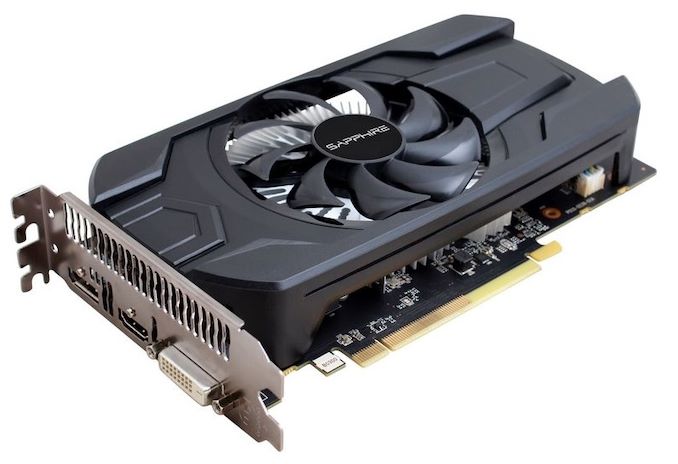
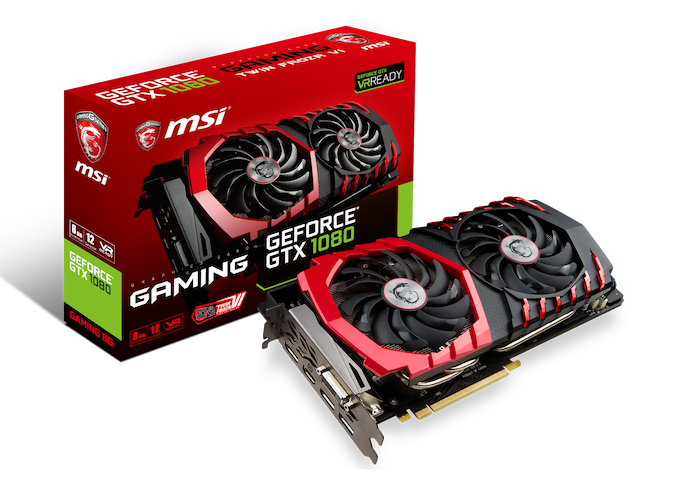
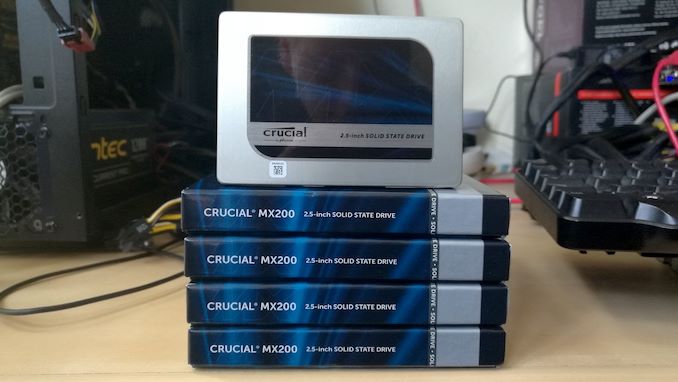
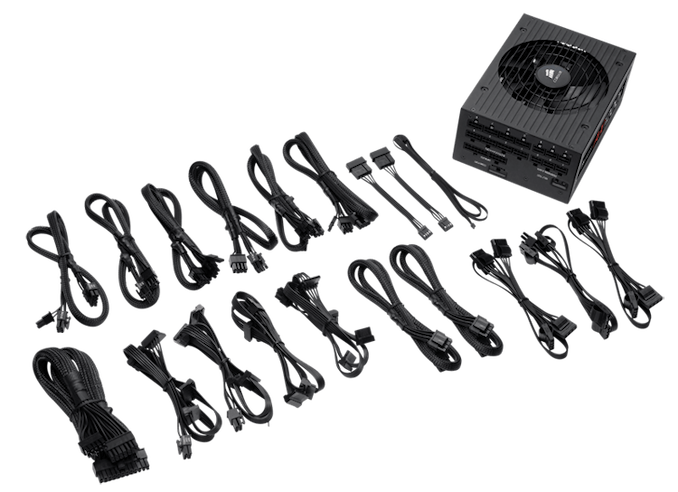
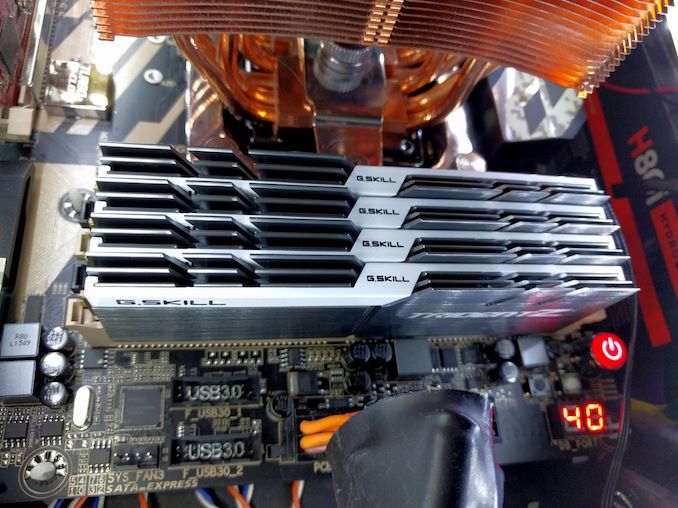
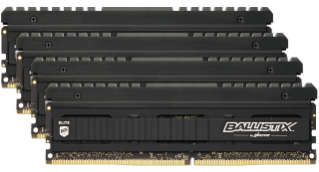
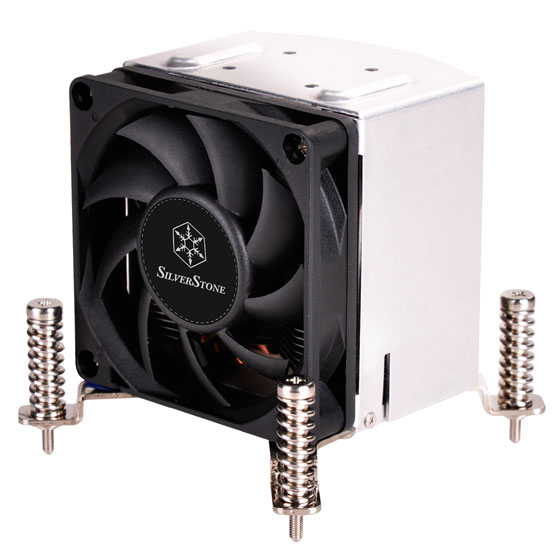
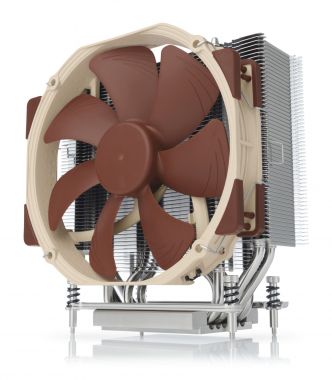








46 Comments
View All Comments
Chaitanya - Monday, January 25, 2021 - link
IO on this board is quite impressive.YB1064 - Monday, January 25, 2021 - link
Article mentions "active cooling on the chipset", yet the pictures show no fan. What gives?Green33333 - Monday, January 25, 2021 - link
The fan is hidden under the perforated shroud around where it says "speed"MilaEaston - Tuesday, January 26, 2021 - link
easy job online from home. I have received exactly $20845 last month from this home job. Join now this job and start making extra cash online. salary8 . comAninajoe - Sunday, January 31, 2021 - link
easy job online from home. I have received exactly $20845 last month from this home job. Join now this job and start making extra cash online. salary8 . comshabby - Monday, January 25, 2021 - link
Do we really need gaming benchmarks for motherboards? 😂TheinsanegamerN - Monday, January 25, 2021 - link
Yes. Some boards have inexplicably worse performance if something firmware wise is screwed up. We've seen discrepancies before. It also lets us see if a board has issues maintaining turbo boost.cbm80 - Monday, January 25, 2021 - link
It should be pass/fail. Printing numbers rewards cheating (non-defeatable overclocking of some sort).vanish1 - Monday, January 25, 2021 - link
I have this board and the PCI-E slot locks are so infuriating I've almost destroyed my board trying to remove a full size GPU from it.sibuna - Monday, January 25, 2021 - link
I have this board as well and TBH they are annoying but TBH they all are regardless of board